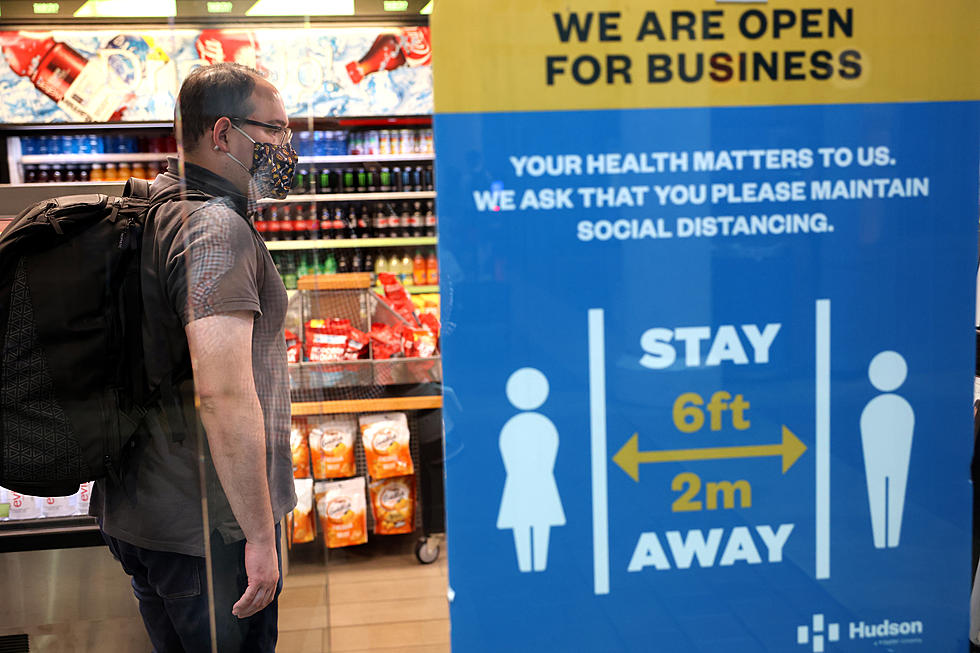
As COVID cases rise in NJ, are new restrictions coming?
State and federal health are closely monitoring what has been a slow rise in the number of New COVID-19 cases, concerned about another post-holiday spike.
However, unlike in the past two years, there appears to be a much more measured approach to imposing new restrictions or mandates.
The New Jersey Department of Health released new COVID forecast models this week, and they do show a rise in cases after the Easter, Passover and Ramadan holidays.
Even with the predictive modeling, just how big of an increase is not clear. It could anything from a slight uptick to a sharp spike.
None of the models show the kind of dramatic increases New Jersey saw after the Christmas and New Year's holidays at the end of 2021.
In the worst case scenario, there would be rapid increase in new COVID cases by the end of this month and peaking in the second week of May. Models predict 3,800 cases and 1,200 hospitalizations.
That would be a three-fold increase in current numbers, but still far below the 33,000 cases and more than 6,000 hospitalizations during the omicron surge in January.
State health officials, reacting to the new predictions, say even in the worst case scenario, it would not put an extreme stress on New Jersey hospitals.
The numbers are being driven by an offshoot on the omicron COVID variant that is highly contagious, but does not cause more severe illness.
Gov. Phil Murphy has repeatedly said he does not foresee imposing any new restrictions, including a renewed mask mandate, and instead residents will have to learn to live with the virus similar to the flu.
That's a significant shift in policy. Murphy was among the first governor in the nation to announce a lockdown in the early stages of the pandemic, and continued to impose or extend restrictions as state metrics moved higher. He was among the last to lift mask mandates, including mandatory face coverings in school.
Even with COVID cases and the state's rate of transmission rising in recent weeks, there have been no reports of a spike in hospitalizations or severe disease.
Part of the reason for that is New Jersey's high vaccination rate.
New Jersey has administered nearly 14 million doses of COVID vaccine. 6,840,819 people who live, work or study here have received their full initial doses. The demand for booster shots has been much less at about 50% of those who completed their initial regimen.
New Jersey's metrics are following a pattern similar to that of neighboring states and the U.S. as a whole.
The Biden administration announced this week that the federal mask mandate was being extended on trains, planes and busses for another two weeks as health officials monitor COVID cases.
In Philadelphia, the indoor mask mandate has been reinstated.
While it is possible new restrictions could be imposed in New Jersey in the coming weeks, it seems unlikely.
Gov. Murphy issued a new executive order this week clarifying that healthcare workers and others who work in congregate settings are not required to get a second COVID booster as a condition of employment.
Eric Scott is the senior political director and anchor for New Jersey 101.5. You can reach him at eric.scott@townsquaremedia.com
Click here to contact an editor about feedback or a correction for this story.
NJ county fairs make a comeback: Check out the schedule for 2022
These are the best hiking spots in New Jersey
School aid for all New Jersey districts for 2022-23
More From Beach Radio










